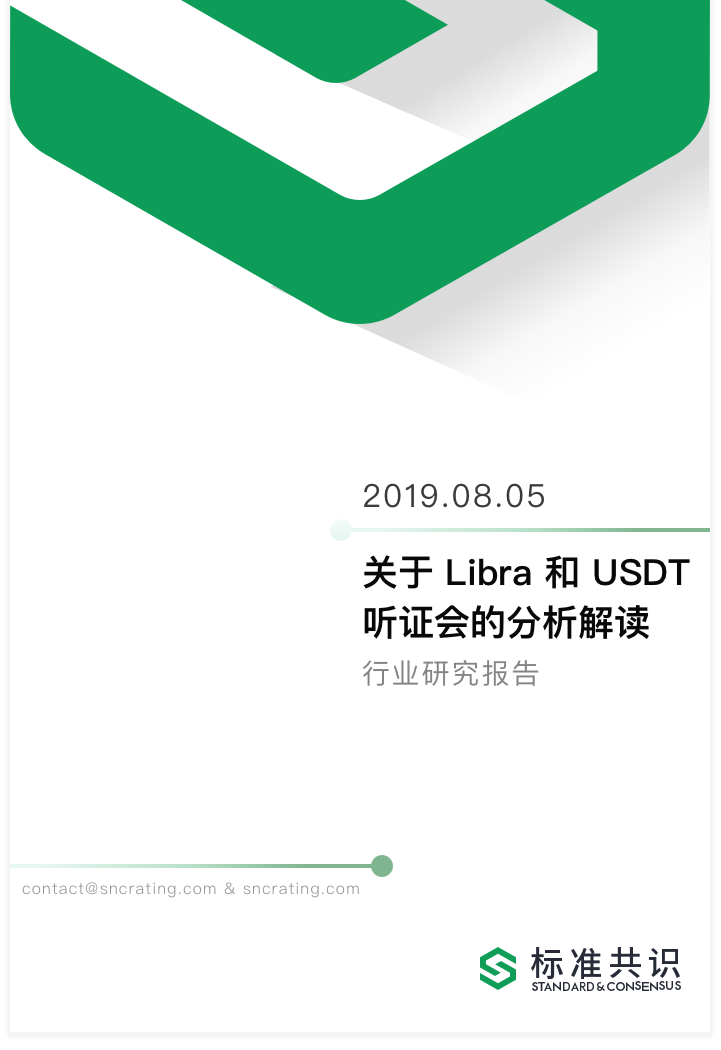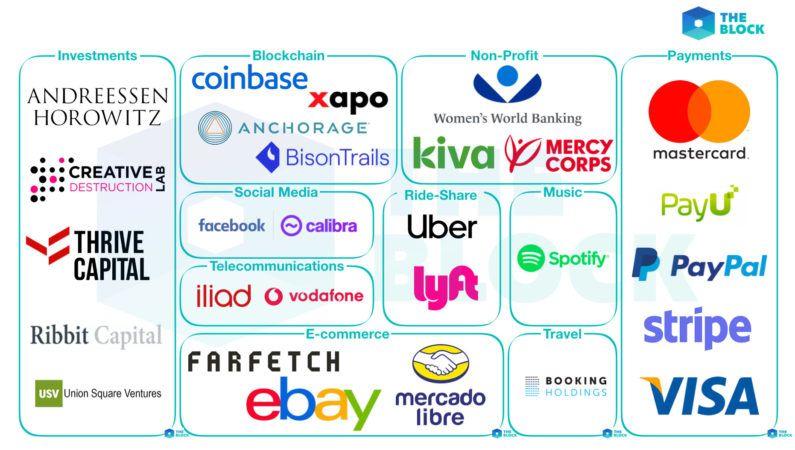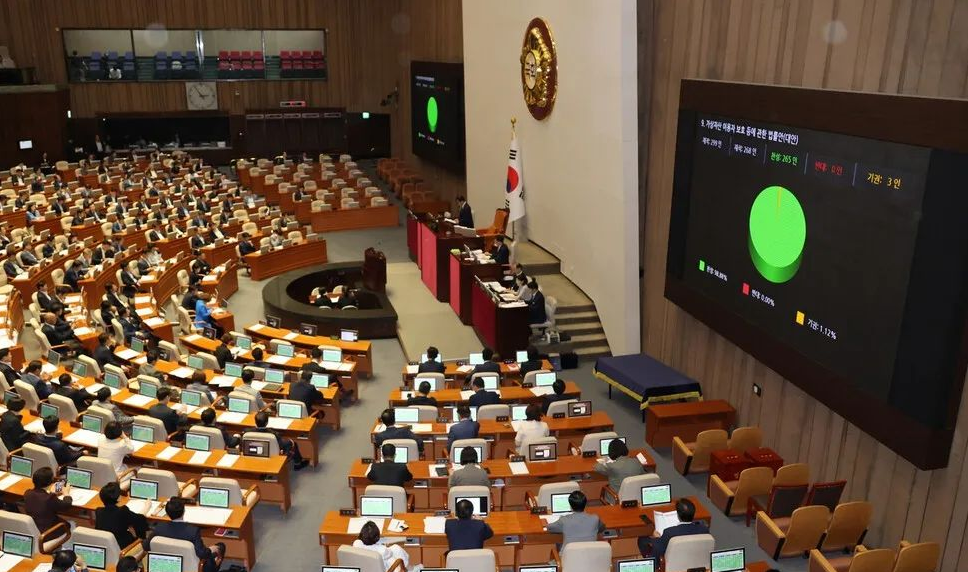Analysis and Interpretation of Libra and USDT Hearings

Overview Overview
On July 17, the US House Financial Services Committee heard testimony from David Marcus, head of the Libra project. Marcus is the CEO of the Libra Stabilizer's Calibra Wallet Service, a social media giant that is trying to calm regulators' concerns about the project and explain to legislators about the purpose and potential of Libra's creation.
Bitfinex, Tether and parent company iFinex, which have the same conceptual nature as Libra, also reported four major violations of USDT suspected illegal and company unlicensed operations on July 30, and the alleged misappropriation of $850 million in margin has ushered in. Court debate.
- Getting started with blockchain | Counting 11 commonly used blockchain development tools, engineers with annual salary of one million are using
- MasterCard MasterCard Adds Executive Recruitment Information to Promote Encryption Wallet Development
- From Algorand to ThunderCore, is the academic aura a token of poison?
Report text
Misplaced hearing
In fact, this trial on the USDT does not make much sense. The problem surrounding the USDT is not complicated: the New York prosecutors suspected that the company had misappropriated the USDT margin to fill the gaps in the company's other businesses, resulting in a margin that could not be linked to USDT 1:1, raising concerns among investors and regulators. In early May, Bitfinex issued a LEO fundraising of $1 billion, which is likely to be a hole in the USDT deposit. The most likely outcome is that first, the New York prosecutor needs to prove that Tether and Bitfinex are continuing to do business in New York. In the case of this establishment, the New York prosecutor also needs to financially prove that the USDT has had a gap, and this The conduct applies to New York prosecutors' investigations, otherwise the New York prosecutor has no jurisdiction over a company registered in Hong Kong and the British Virgin Islands (Bitfinex and Tether). It’s very difficult to prove all of this, but for investors, if the New York prosecutor can prove that Bitfinex and Tether have used the USDT margin within 90 days, then the USDT price will be irreversible. influences.
Gunpowder-filled hearing
Libra's hearing is more like a debate about the Libra project itself. The whole hearing came down, not only revealing Marcus's lack of preparation for the committee members' problems, but also reflecting the Committee's concerns and negative attitudes towards the Libra project.
David Marcus exposed three issues in dealing with the issues of committee members:
1. Facebook still has an unspeakable insistence on the Libra project.
First, the Senator Maloney of the New York District Senate suggested that Libra be piloted in a small scale under the supervision of the Federal Reserve, the SEC and other regulatory authorities, and then officially go online after the supervision system is perfected. At the hearing, she said: "But at very least, you should agree to do the small pilot program first, fully overseen by you and the Federal Reserve and the SEC. I think that's a very modest request. So would you commit right now To do a small pilot program first, yes or no?" (But at least you should agree to try it out under the supervision of the Federal Reserve, the Securities and Futures Commission, and your own supervision. I think this is a very modest request. So you are willing to commit now Going for a test run, yes or no?)
Marcus didn't answer the question directly, but he said that "we will continue to work with the regulators and the working group of G7 that is notably look after the issue you raised to ensure however we launched is responsibly And with appropriate oversight. You have my commitment on that." (We will continue to work with regulators and the Group of Seven (G7) working groups and pay attention to your questions to ensure that our launch is responsible and subject to Proper supervision. I assure you this.)
There are two possibilities. The first possibility is that Facebook only wants to be supervised in terms of compliance, but the specific operational process does not allow others to dictate. The second possibility is: Facebook has no say in the specific "how to do it". At this point, Marcus made it clear at the hearing: "People do not have to trust Facebook. Facebook is just one member of the Libra Association. (People don't need to trust Facebook because it's just a member of the Libra Association.)" And he bluntly said that Libra's system is open source, and Facebook doesn't want or control it. But this leads to the second question: the neutrality of the Libra Association.
2. Libra Association's neutrality is doubtful
Although Marcus has repeatedly stressed at the hearing that the Libra Association will be a "non-profit membership organization, and the Libra Association will strive to become a neutral international organization." However, looking at the Libra Association's list of companies and the leader Facebook, almost all of them are for-profit, internationally influential companies.

Source: The Block
Moreover, in Libra's white paper, “The interest on reserve assets will be used to pay for the cost of the system, to ensure low transaction costs, and dividends to investors in the early stages of ecosystem startup. Interest distribution for reserve assets will be set in advance. Libra users Will not receive returns from reserve assets.” Coupled with the invisible benefits of huge deposits and the personal information collected, this standard banking model is not like a non-profit company. The plan made.
3. Facebook's monopoly and black-box operation issues
Finally, the committee did not give up on Facebook's suspicion of seeking a monopoly because of the diversity of the Libra Association. According to Marcus's answer at the hearing, Facebook will only set up the digital currency wallet Calibra in its Messenger and WhatsApp, and Facebook will not allow any other competitors to install other wallets in both apps. Maloney said: "A lot of people think Facebook is too powerful, that it is becoming a monopoly. (Many people think Facebook is too strong, so it is becoming a monopoly company)" These members are worried about forming a cartel control Under the cross-industry, the new technology giants control the currency issued.
Member Cortez had raised doubts about this monopoly and black-box operation. She questioned the democratic nature of the election of members of the association, and expert witness Demirors also proved at the hearing that Cortez's fears were not groundless. She said that even as an insider, she is not sure what the qualifications a member can enter. As Libra white paper puts it, Libra tries to serve the existing customer base of 1.7 billion potential customers and companies like Facebook. Such huge financial data and transaction volume are within the completely opaque monopoly cartel, and the result is undoubtedly terrible.
Facebook's overbearing style
Facebook's past styles prove that monopoly may not be groundless. For the challenger of his status as the king of social applications, Facebook relies on its own size, waving cash for acquisitions and maintaining his own social empire.
On November 8, 2011, Facebook acquired the HTML5 application delivery network Strobe
On April 10, 2012, Facebook acquired $1 billion online photo social service provider Instagram
On May 25, 2012, Facebook acquired $80 million for a social gift application Karma
On August 25, 2012, Facebook acquired social analysis tool company Threadsy
February 20, 2014, Facebook's $19 billion sky-high price acquisition of WhatsApp
For Snapchat, which was not acquired, Facebook used the acquired Instagram to develop the same application features and successfully captured the market and users from Snapchat. For Facebook, who is doing this style, it does not have the name of a monopoly, but it is a monopoly.
Member's center: US priority
1. Can Libra maintain the interests of the United States and its citizens as the United States wishes?
In the whole hearing, there was only one point in the discussion of the committee members: Can Libra maintain the interests of the United States and its citizens in accordance with the wishes of the United States.
Members of Congress and Marcus themselves repeatedly mentioned at the hearing that "the United States should be in a leading position in the formulation of digital currency rules." Based on this, all supervision and rulemaking will be centered around the interests of the United States.
Mr. McHenry mentioned that the Libra Association is based in Switzerland and not in the United States. He said: "Why are you doing this in Switzerland and why are you using a basket of currencies? Why not the good old American dollar?" Want to choose in Switzerland? Why use a basket of currencies? Why not just use dollars?)
Libra, mentioned by the Velasquez MP, must go online after proving that it complies with US laws and regulations and resolves the concerns of legislators. She said: "Will you commit yourself to not launch before all the concerns from the Federal Reserve and all the regulators are Addressed?" (Are you promised not to launch this product until the concerns of the Fed and all regulators are resolved?)
Does Libra mention that Libra for illicit use and how are you combating?" What new ways criminals may export Libra and use it for illegal activities? How will you combat this activity?)
The core of these issues is focused on the national interests and security of the United States.
2. Maintaining dollar hegemony
Libra does, to some extent, better serve the dollar hegemony.
According to Marcus at the hearing, more than 50% of Libra Reserve's currency basket will be in US dollars. Libra can send dollars to the place where the previous banknotes could not be reached in the form of digital currency, which will make it easier for more people to reach the US dollar, thus further deepening the circulation value of the US dollar. Where the US dollar can reach, the influence of the United States will follow suit and ultimately serve the purpose of serving the overall US influence and national strategy. Just as Mr. Barr's question "How to prove that Libra does not affect the energy of the dollar", the energy of the dollar and the United States is the subject of their concern.
On this issue, Marcus is very clever in using China as a shield to achieve his goal.
He suggested that Libra would not challenge any sovereign currency first, and if it weren't for Facebook, there would be other companies making digital currencies like Libra from places that the US could not reach. The original words are as follows: "Blockchain technology is inevitable and if the US doesn't lead in building and regulating it, the tech will come from places 'out of reach of our national security apparatus'." (The blockchain technology is inevitable If the United States does not take the lead in building and supervising it, these technologies will come from places that our national security agencies cannot reach.)
This is undoubtedly a pain point in the United States.
As the RMB joined the International Monetary Fund's Special Drawing Rights (SDR) currency basket on October 1, 2016, it became one of the world's reserve currencies. The rapidly growing Chinese economy and international influence have touched the nerves of the United States. This gradually feels fear. After Trump took office, China and Russia were officially positioned as strategic competitors of the United States. At the beginning of the Senate hearing, Mr. McHenry also specifically mentioned Alipay in his speech. Marcus's interpretation of Libra's functions is precisely at the current strategic point of the United States.
3. National privacy
Another issue focuses on Facebook's reputation for poor user privacy.
It is not the first time that lawmakers attacked Facebook to share user information. Cortez and Pressley members once again mentioned privacy issues at the Senate hearing. Among them, Pressley said: "It is long past time that we stop compromising consumers' Privacy in pursuit of profit. Would you trust your money with a company who essential admits it's just winging it? (We have not sacrificed the privacy of consumers for the sake of profit for a long time. You will entrust your money to an essential recognition. Are you just an impromptu company?)"
Facebook paid a price for it, and it will pay a record $5 billion in fines and settlement with the US Federal Trade Commission. At the same time, Facebook CEO Mark Zuckerberg lost the final say in privacy, which is undoubtedly a big deal. At the same time, the fall of the fines and the other lawsuits came to an end, which brought good news to the Libra project. The July 24th fine after the July 17 hearing, in addition to representing the US government's strengthening of privacy regulation, also removed an obstacle to Libra's progress.
On the other hand, the involvement of US government regulation represents another degree of acceptance. After Facebook has a precedent, the government and the general public will be less hostile to the Libra project. This is not without precedent. Twitter, along with Facebook, attended a hearing on the Senate Intelligence Committee on September 5, 2018, around Russia's use of social media to intervene in the US presidential election. After the hearing, Twitter regained the trust of the US official and the public, and the stock price rose all the way. As of July 2019, Twitter's share price has risen by 35%. And Facebook also rebounded to its previous high after the stock briefly bottomed out after the hearing. For Libra, the hearing is not the end of the world.
Facebook's real hope for Libra
Most importantly, we are able to take a peek at the issues that Marcus intends to evade, a glimpse of Facebook's expectations for Libra and its real prospects.
Marcus is in front of the Bank, Housing and Urban Affairs Committee Chairman Carpo. When users purchase items through the Facebook page and use the Calibra transaction, whether the data will be collected, only answer that Facebook will provide multiple payment channels, but collect The question of data is closed, which means that although Facebook probably does not know how many assets are in the user's Calibra wallet, it can obtain payment data to infer the personal economic situation. At the same time, Marcus said that Facebook did not explicitly plan how much money to invest in the project. If we think that the Libra Association will be an NGO for the time being, then with the organizational structure of the NGO, although Facebook may have only one vote on the Libra Association's board of directors. But the more capital is invested, the greater the voice in the organization, so the day-to-day management team and the secretary-general will be more inclined to the willingness of the more funded party when dealing with daily affairs. One of the best examples is the world's largest NGO-United Nations.
Conclusion
Finally, Marcus used the term "Utility" when describing Libra's vision. This undoubtedly reveals Facebook's hope for Libra's future, that is, becoming a public utility, like water, electricity, and gas, as part of daily life. If Libra is successful, then Facebook's future influence and commercial interests will be Compared with the present, it is not the same. He can really enter the daily life of people through Libra. Because people can use Facebook for a week, but they can't spend money on things for a week. However, Facebook’s reluctance to decentralize in the hearing, neutrality doubts and monopoly, black-box operations, will always become a serious stumbling block on Libra’s success. After all, Libra needs to win the trust not only in the US Senate and House of Representatives. There are also hundreds of millions of potential users.
We will continue to update Blocking; if you have any questions or suggestions, please contact us!
Was this article helpful?
93 out of 132 found this helpful
Related articles
- Technical Guide | Ethereum 2.0 Phase 0 V0.8.0 Technical Specifications (1)
- QKL123 market analysis | Forex market smoke, bitcoin broke 12,000 US dollars? (0805)
- Zou Chuanwei: Economics and regulatory issues in blockchain
- Coindesk Senior Analyst: The dollar is coming to an end, bitcoin or become one of the global reserve currencies?
- New Iranian law: the government does not recognize cryptocurrency-related transactions, but allows for conditional mining
- There is no doubt about Bitcoin's safe-haven properties. Will there be spring in the altcoin?
- Breaking the "7" on the CNY, the BTC is rising, is it an inevitable cause and effect, or is it an accidental coincidence?




